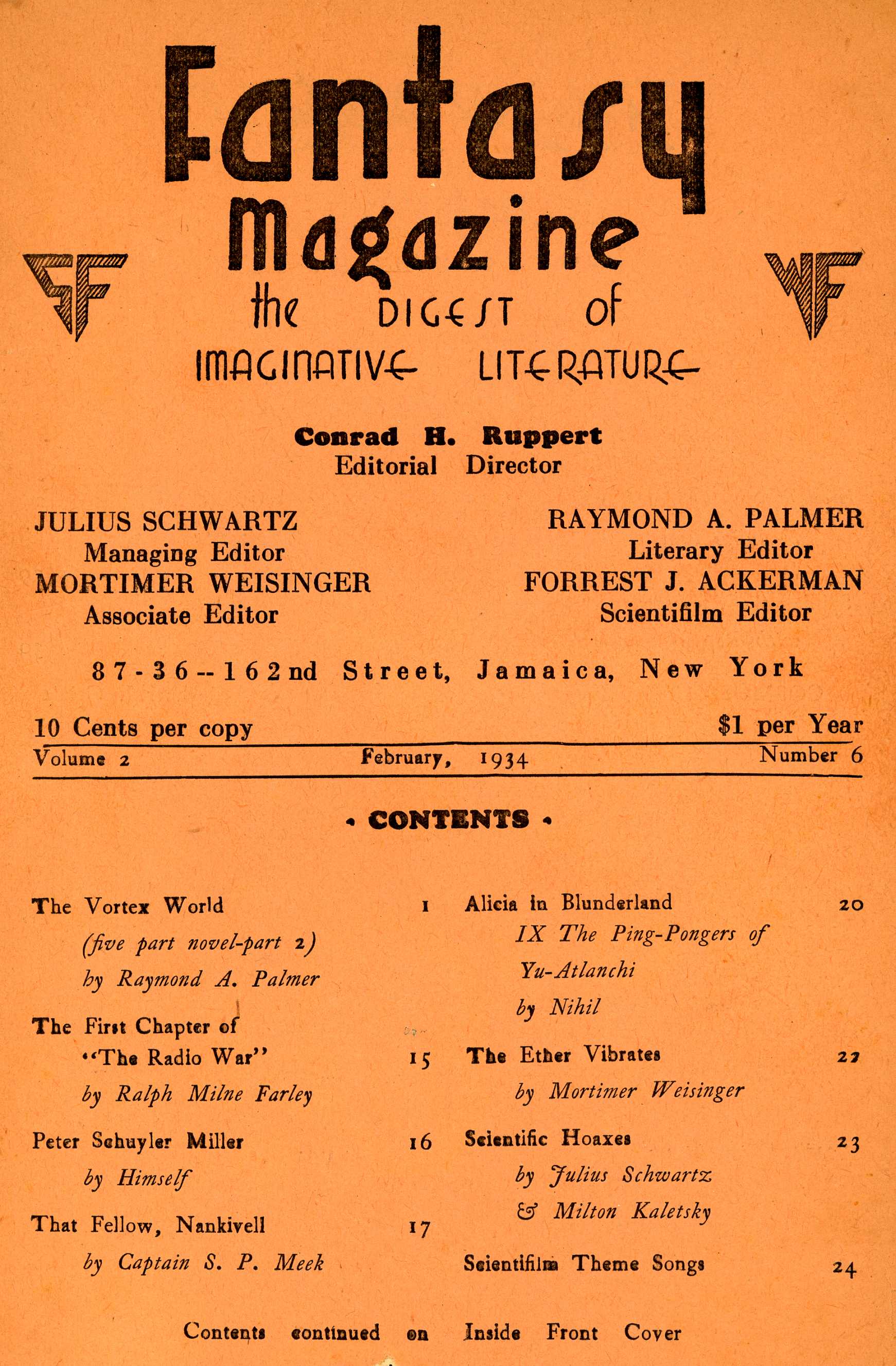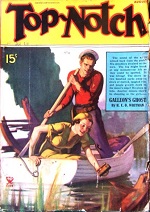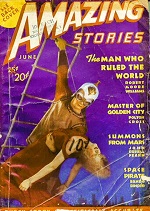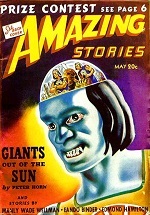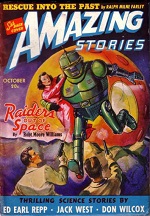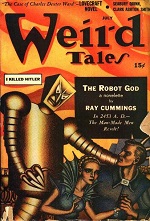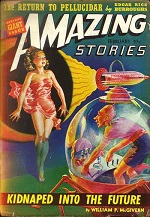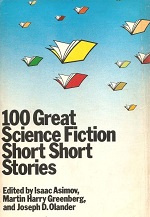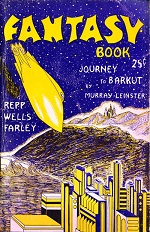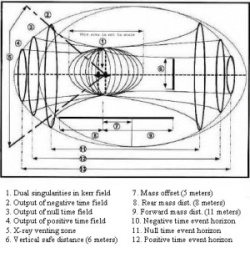Short Story
The Time-Traveler
- by Ralph Milne Farley
- Weird Tales, August 1931
Mathematics professor John D. Smith rues the day he saved his college room-mate from drowning only to have the ungrateful cad thwart his every career move for the next decade. Oh, if only Smith could redo that fateful day!
Fun note: Under the pen name Ralph Milne Farley, Massachusetts state senator Roger Sherman Hoar carried out explorations of all the early time travel paradoxes, most of which are available in his Omnibus of Time. —Michael Main
Fun note: Under the pen name Ralph Milne Farley, Massachusetts state senator Roger Sherman Hoar carried out explorations of all the early time travel paradoxes, most of which are available in his Omnibus of Time. —Michael Main
If I could go back into the past, there is one event which I should most certainly change: my rescue of Paul Arkwright!



